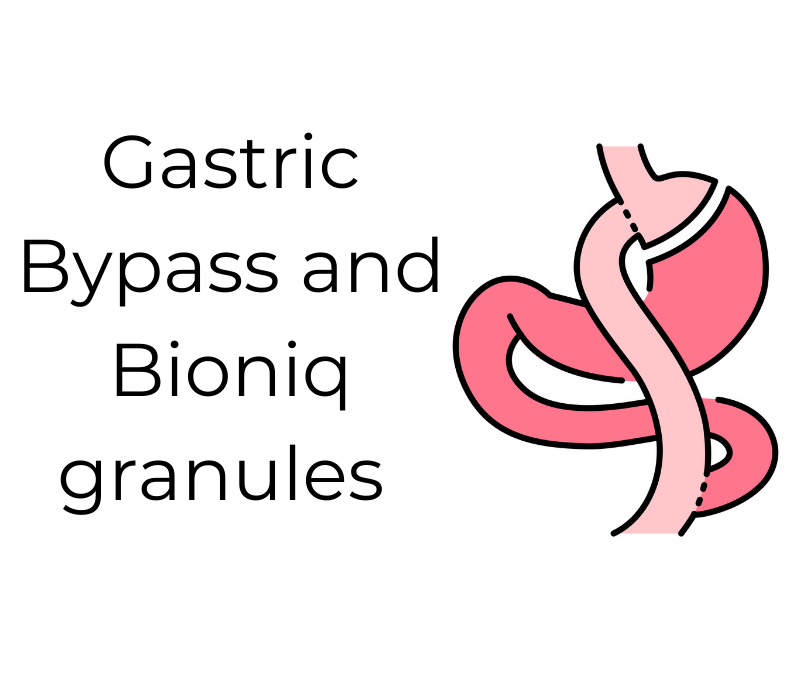
A woman's body is a complex ecosystem where many functions – from mood regulation to fertility, are driven by hormones. Estrogen, progesterone, testosterone, thyroid stimulating hormone, and others are extremely important for many aspects of our well-being. Let's learn more about your hormone health and understand why it's important to check your hormone levels regularly.
Let's understand how your hormones work! Hormones are chemical messengers that regulate different functions in your body, like fertility, metabolism and mood regulation and influence your mental, physical and emotional health. Even though there are over 50 hormones that are responsible for many processes in our body, today we will focus on some of the most important ones for your female reproductive health and longevity.
Estrogens are perhaps the most well-known female sex hormones associated with female body features and fertility. Estrogen plays an essential role in regulating a woman's menstrual cycle, mood and energy – that's why ensuring your body produces the optimal amount of the hormone is important. Too low or too high estrogen levels can lead to irregular periods, headaches and mood swings.
Progesterone is produced by the ovaries and is known as the "pregnancy hormone" because it prepares the endometrium (the lining of your uterus) for implantation of the fertilised egg. If you are pregnant, progesterone increases to support the fetus's development. If the pregnancy doesn't occur, your period comes as the endometrium sheds.
Even though testosterone is considered a key male sex hormone, women have it, too, just in much smaller amounts than men. The female body needs a small amount of testosterone for optimal energy levels and healthy libido, as well as to convert it into estrogen. Lower testosterone levels can contribute to symptoms of fatigue, irregular menstrual cycle and low sex drive. Meanwhile, if a woman has increased testosterone levels, her body cannot convert the excess into estrogen. In that case, hormonal imbalance can lead to PCOS, acne, insulin resistance or excessive hair growth.
Thyroid-stimulating hormone (TSH) is important for many bodily functions, including immune health, energy regulation, reproductive function and metabolism. Too high or too low levels of TSH can lead to several autoimmune diseases and endocrine issues. In addition, it's really important to monitor your TSH levels before and during pregnancy, as the hormone is responsible for healthy fetal development.
To function properly, your body produces a precise amount of hormones. A hormone imbalance may occur when your body has too much or too little of a certain hormone. In addition, during different periods of your life, like pregnancy or menopause, you may experience a natural hormone fluctuation that may leave you unwell.
Hormonal imbalance can negatively impact your well-being and health in several ways, a sign of underlying health issues like PCOS, hypothyroidism, diabetes, Cushing syndrome and others. Some common signs of hormone imbalance may include irregular menstrual cycle, heavy or painful periods, acne, mood swings, fatigue, water retention, weight gain, difficulty conceiving and decreased sex drive. Besides, hormonal imbalance can lead to inconvenient symptoms of fatigue, headaches and painful premenstrual syndrome. That's why it is important to listen to your body and regularly monitor your hormonal status, especially if you feel unwell.
You can take a blood test and conduct diagnostic tests, like ultrasound and pelvic exams, with your healthcare provider to determine if you have a hormonal imbalance.
To be aware of your hormonal status, taking regular blood tests is important. The bioniq Advanced Women's Health Panel can give you a complete overview of your female hormones and adrenal and thyroid function. Once you get an overview of your hormonal status, you can take the necessary action to correct any revealed imbalance.
In addition, it will be beneficial to get an overall understanding of your micronutrient and vitamin deficiencies to explore your nutritional needs. Supplements like Vitamin D, folic acid and magnesium can benefit female reproductive health, hormonal balance and overall well-being. Taking a 50-parameter bioniq LIFE test will help you understand your current body needs and help you reveal any nutrient deficiencies.


.png)